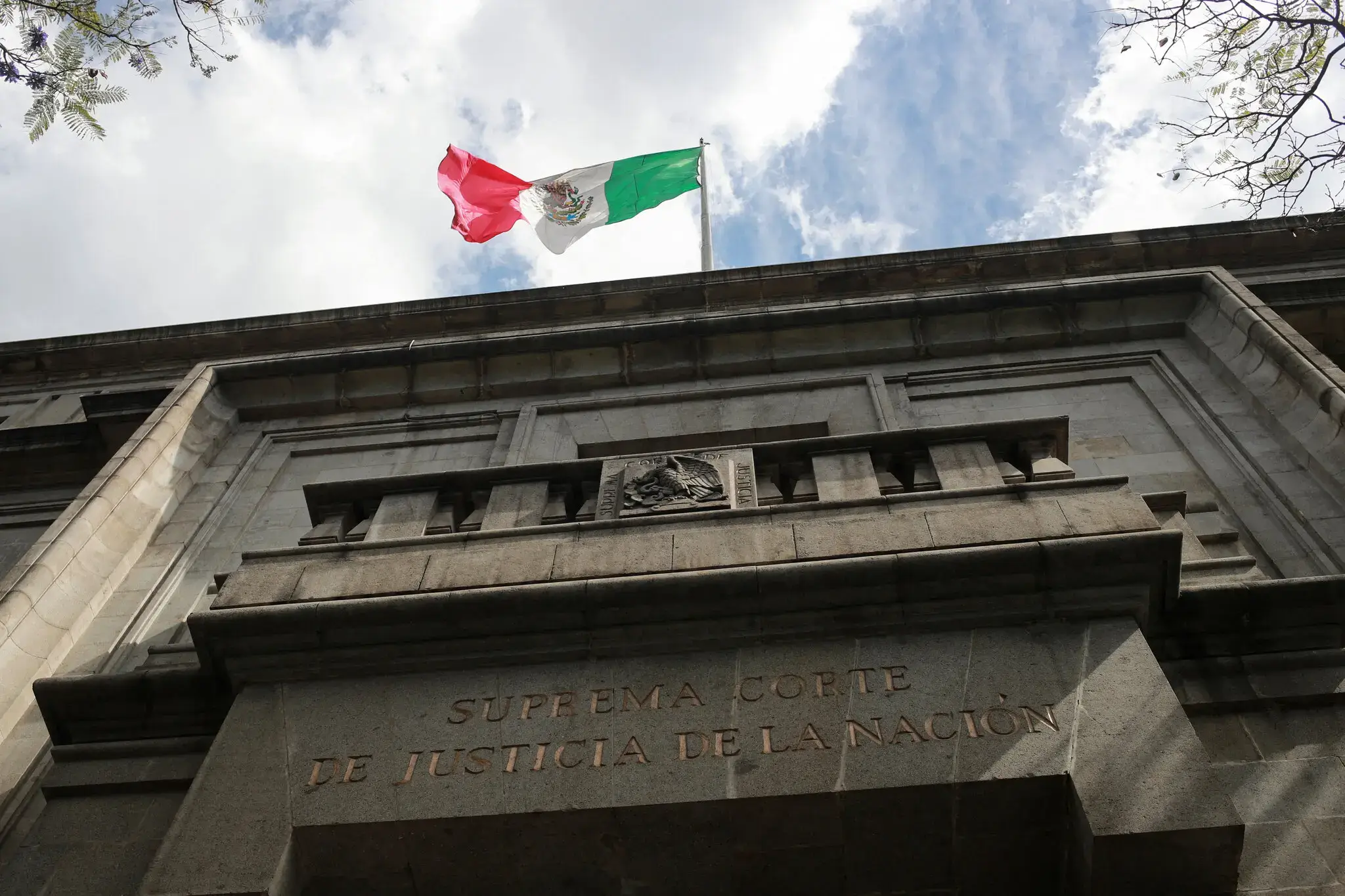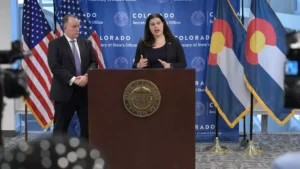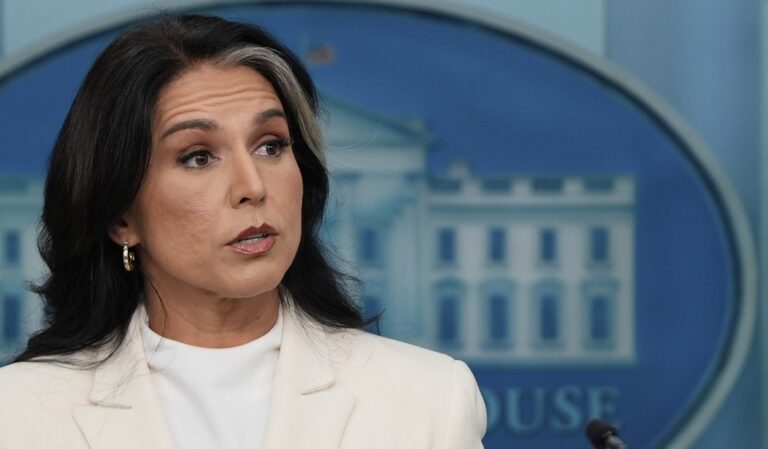All but three of the country’s Supreme Court justices announced they would quit rather than partake in the controversial elections mandated by a judicial overhaul.
In a series of resignation letters released Wednesday, eight of Mexico’s 11 Supreme Court justices said they would step down from their posts instead of participating in a contentious election of thousands of judges next year.
The justices will all serve the remainder of their terms, most of which conclude in August.
The announcements were the latest volley in an ongoing battle over a judicial overhaul, passed by the ruling party and its allies in September, that promises to upend the system by which Mexico’s judges are chosen and how they operate.
The resignations follow a spate of attacks on the courts by President Claudia Sheinbaum and prominent members of her Morena party, who have said the response to the overhaul by the country’s justices is motivated by their desire to protect their own privileges.
“This is a political message being sent not just by the Supreme Court, but the entire judiciary,” said Fernanda Caso, a political analyst in Mexico City. “These resignations and decisions not to participate, as a matter of dignity, are a response to the attacks and the way they have been treated.”
CLICK HERE TO READ MORE FROM THE REPUBLICAN VOICE
Among other changes, the redesign of the judiciary requires that all of the nation’s judges be elected and will subject them to review by a disciplinary tribunal made up of elected officials, who will have the power to investigate and impeach judges.
Supporters say the measure will help curb corruption within the judicial system. Critics say it will undermine judicial independence and give the Morena party control over a key check on its power.
It has been met with more than 500 legal challenges by federal judges and other critics, some of whom say it violates the Constitution.
“This resignation does not imply my agreement with the separation from the position for which I was originally appointed until December 10, 2030,” Chief Justice Norma Piña wrote in her letter of resignation, “but rather an act of congruence and respect for the constitutional text that governs us today.”
Ms. Piña was a frequent target of the ire of Andrés Manuel López Obrador, who preceded Ms. Sheinbaum as Mexico’s president and who initially proposed and pressed for remaking the court system.
“The dismantling of the judiciary is not the way forward,” Ms. Piña, who has opposed the overhaul, said in a televised message last month.
One of the justices who resigned, Luis María Aguilar Morales, will end his term in November. In Mexico, justices had served 15-year terms, but under the new rules, the length of their tenure will be cut to 12 years.
As part of the redesign, in June of 2025 voters will elect about half of the country’s 7,000 judges, including Supreme Court justices. It will be an enormous and most likely expensive endeavor — one that no other modern democracy has tried before.
The Supreme Court is set to consider passing a resolution next week that would invalidate key pieces of the judicial overhaul, setting up a potential conflict with the executive and legislative branches of the government.
While it would maintain the popular election of Supreme Court justices, the measure would declare unconstitutional the election of thousands of federal and local judges.
If eight of the 11 justices approve the resolution, it would technically become enforceable, legal experts said, though the leader of the ruling party in the lower house of Congress has already said lawmakers would not obey such a ruling.
“There will be an election of judges,” that party leader, Ricardo Monreal, told reporters earlier this week, saying the Supreme Court’s move to potentially block elements of the overhaul was “illegal, arbitrary and borders on constitutional barbarity.”
The resignations add to a sense of uncertainty at the Supreme Court, which is already “very weakened,” said Sergio López Ayllón, a law professor at the National Autonomous University of Mexico.
CLICK HERE TO READ MORE FROM THE REPUBLICAN VOICE
There are concerns that in the months leading to the June election, the ruling majority could simply disregard any of the court’s rulings.
“We don’t know if they’re going to abide by what the justices decide,” Mr. López Ayllón said, “or not.”























